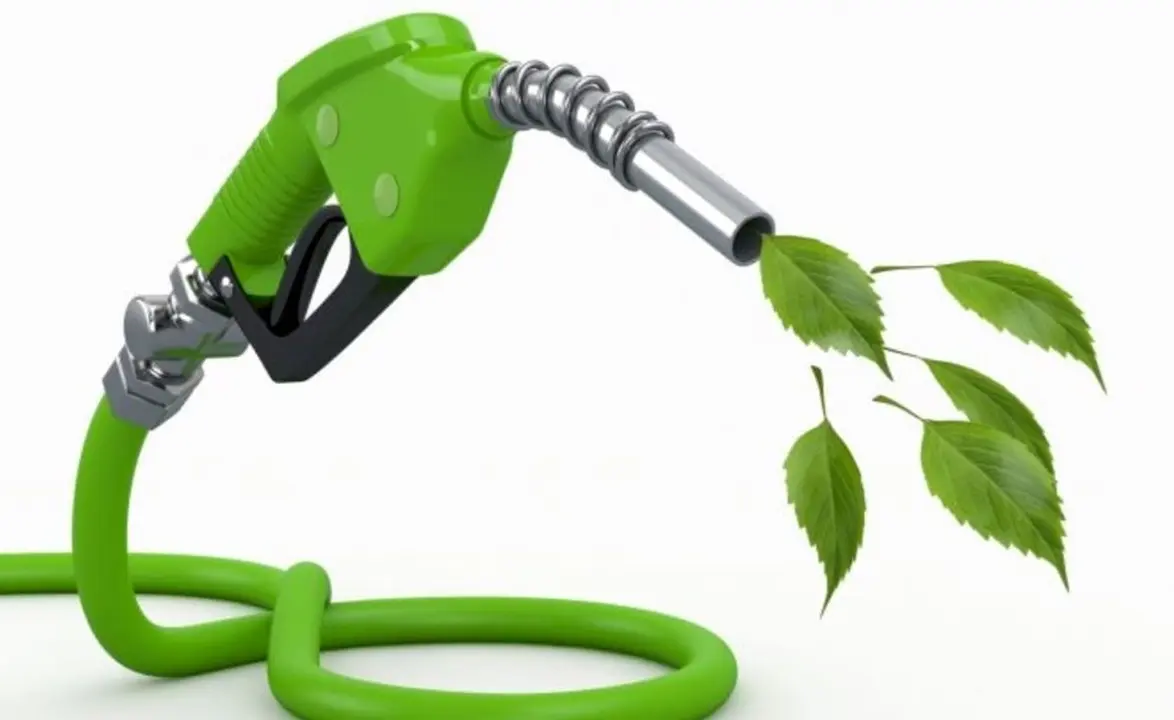Exploring Renewable Fuels in Transportation
The discussion surrounding the significance of renewable fuels in the effort to achieve a more environmentally friendly transportation sector is gaining momentum. Various stakeholders are coming together to address crucial regulations and their implications for the future of logistics and mobility. This article delves into how renewable fuels could pave the way for a cleaner transportation network and the potential ripple effects on logistics practices.
A Meeting of Minds in Brussels
Recently, a notable meeting took place at the European Parliament, where members of the Renewable Fuels and Circular Economy Association held discussions with key representatives from both public institutions and the private sector. The agenda focused on the ongoing review of emissions regulations, particularly concerning light-duty and heavy-duty vehicles. The emphasis was on integrating renewable fuels into the transportation mix as an immediate solution to decarbonization.
Opening Remarks from Key Figures
Among those present was MEP Borja Giménez Larraz, who highlighted that renewable fuels are emblematic of Europe’s potential to reduce emissions without sacrificing competitive standards. He underscored the importance of proactively supporting renewable fuels, especially in sectors like aviation, maritime transport, and heavy road transport. This reframing of the discourse positions alternative fuels as vital cogs in the decarbonization wheel.
CEO Sergio Treviño, who is also the president of the Association, characterized their organization as a bridge between industry needs and institutional responses. He asserted that implementing renewable fuel solutions is not just an environmental necessity but crucial for maintaining the competitiveness of industries reliant on transportation, particularly for peripheral regions like Spain.
The Central Discussion: Decarbonization and Renewable Fuels
At the centerpiece of the gathering was a panel discussion examining Spain’s unique position in advancing renewable fuel utilization. Moderated by Mónica de la Cruz, General Director of the Association, this panel featured experts from diverse sectors including agriculture, energy, logistics, and transportation.
Spostrzeżenia ekspertów
- Experts reached a consensus on the pivotal role that renewable fuels can play in meeting Europe’s decarbonization goals.
- There was a robust dialogue on the compatibility of current vehicle technology with renewable fuels.
- The panel underscored the necessity for a cohesive regulatory framework that encompasses all technologies vital for decarbonizing transport.
Benefits and Challenges of Renewable Fuels
One takeaway from the discussions was the demonstrated ability of Spain to contribute significantly to agricultural waste valorization projects, evolving them into sustainable fuel sources. The presence of more than 1,000 service stations across Spain, which offer renewable fuels, illustrates the feasibility of scaling production without requiring extensive infrastructure changes. A critical point raised was the urgent need for a unified regulatory framework, favoring the use of renewable fuels and a better taxation system.
Regulatory Recommendations
Panelists recommended that current emissions regulations should acknowledge renewable fuels as an immediate solution for achieving net-zero CO2 emissions. A clear regulatory framework will enable a collaborative roadmap that fuses innovation, investment, and public-private partnerships, fostering true sustainable mobility.
Wnioski i przyszłe kierunki
As Mónica de la Cruz summarized the discussions, she noted that the primary hurdle to expanding renewable fuel use is not technological or logistical, but regulatory. The call for neutral and ambitious regulatory measures, aligned with innovations and competitive industry frameworks, remains critical.
About CRECEMOS
CRECEMOS continues to serve as a unique voice in negotiations with public administrations, representing about 7.4% of the Spanish GDP and creating approximately 216,000 direct jobs across various sectors. In its short lifespan, the association has significantly influenced the push for renewable fuels in all transport segments and bolstered circular economy initiatives.
Linking Transportation and Logistics
The integration of renewable fuels is set to reshape logistics as well, especially for companies looking to reduce their carbon footprint. As industries consider greener alternatives, logistics networks may need to adapt, ensuring compatibility with evolving fuel technologies and sustainable practices. This shift will also require logistics providers to remain flexible and innovative, assessing how best to incorporate these renewable options while maintaining cost-efficiency.
Doświadczenie ma znaczenie
While expert insights and reviews are valuable, there’s no substitute for hands-on experience. The transition to renewable fuels may also influence logistics strategies, serving as a catalyst for enhanced operational efficiencies and sustainability in cargo and transport management. For logistics solutions that prioritize affordability and versatility, GetTransport.com stands out as a reliable resource. Their platform offers affordable global cargo transportation solutions that cater to home and office moves, bulky deliveries, and large items.
As logistics continues to adapt to these changes, the potential for improving transport efficiency and reducing costs keeps rising. GetTransport.com simplifies logistics challenges by offering clear, cost-effective pathways tailored to diverse transportation needs, ensuring that operations run smoothly no matter the volume of the shipment. Zacznij planować kolejną dostawę i zabezpiecz swój ładunek z GetTransport.com.

 Rola paliw odnawialnych w zrównoważonym transporcie i ich wpływ na logistykę">
Rola paliw odnawialnych w zrównoważonym transporcie i ich wpływ na logistykę">